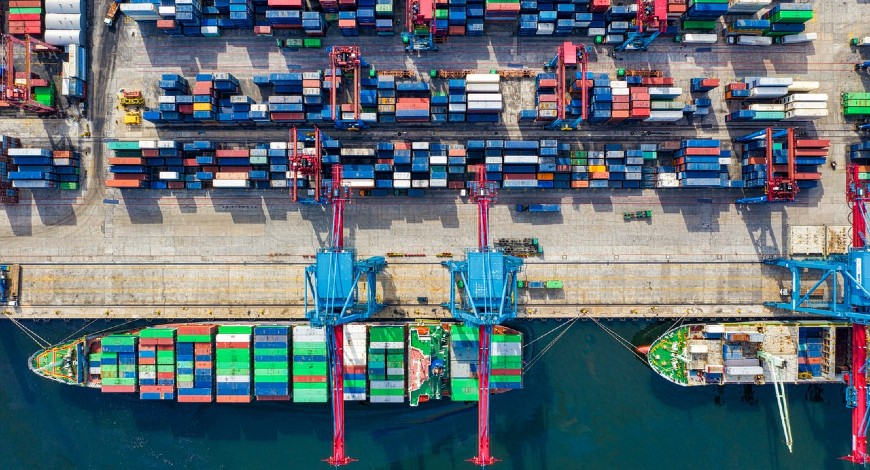Headlines of the Day
CAROTAR 2020 successful in containing routing of Chinese products via Asean

The central government has noticed a dip in the import of certain electronic hardware items from India’s free trade agreement (FTA) partners, especially the Association of Southeast Asian Nations, after it mandated documents beyond the usual certificate of origin (COO) to claim preferential tariff benefits.
Following an amendment to India’s Customs Act in the 2020-21 Union Budget, the finance ministry had issued a notification under Customs (Administration of Rules of Origin under Trade Agreements) Rules, 2020 (CAROTAR, 2020), mandating documents beyond the usual COO to claim tariff benefits under FTAs.
“We were convinced that the FTA route was being misused. There are certain items we were looking at. But because of the interventions we’ve made, we noticed a drop in imports, mostly in electronic hardware,” Central Board of Indirect Taxes and Customs (CBIC) Chairman Vivek Johri told Business Standard, without naming any country.
Domestic industry has often complained about the routing of Chinese products via Asean, violating the rules of origin requirements which mandate substantial value addition from the exporting trade partner.
A study of the trade data suggests imports of items such as telephonic antennae, telephones for wireless networks, mobile towers, headphones, set-top boxes, and digital camera recorders have seen a significant dip in 2021.
“The major challenge we faced is with the Asean FTA, where a large number of electronic items were coming in through Asean and there was strong reason to believe the products were getting routed through these nations to take advantage of the FTA. Today, the imports have fallen and it is benefiting the domestic industry,” said George Paul, chief executive officer, at the industry body Manufacturers Association of Information Technology (MAIT), which represents India’s electronics hardware sector.
Johri said CAROTAR has been helpful by sensitising importers that when they’re utilising the benefits of an FTA, they ought to convince themselves that the prescribed rules of origin are actually getting fulfilled.
“Earlier, we were just relying upon a certificate issued most often by the chamber of commerce in that country, or the nominated agency. We were not really going behind the country of origin certificate to ascertain whether the rules of origin were being satisfied,” he added.
The CAROTAR rules were implemented in September 2020 to strictly verify the rules of origin under FTAs to safeguard against misuse of benefits. These shifted the burden of proof to the importers from the exporters who were initially struggling to comply with the new obligations, making the Customs clearance process more complex.
In cases where origin declared in a COO is doubtful, the Customs officer under the CAROTAR is mandated to demand relevant origin details from the importer, before seeking verification from the partner country.
India’s free trade partners, such as Japan, South Korea, Indonesia, Malaysia, and Sri Lanka, had raised concerns at the World Trade Organization (WTO) last year, holding that India’s insistence on additional documents to determine the origin of imported goods could raise non-tariff barriers to trade.
CBIC chairman had said initially that India’s trading partners had expressed some reservations about how they would pan out. “But most of them are cooperating with us and carrying out the verification, and providing us information not just about the genuineness of the certificate, but also in sharing with us the costing data on a case-by-case basis,” he said.
Indonesia in its submission to WTO had said it seems that the verification and clearance process have become longer and not in line with the spirit of trade liberalisation as agreed to in the Asean-India FTA.
“Besides, the request to provide business process information to importers would also pose a risk from unauthorised parties, such as information leakage issues under the CAROTAR scheme. The stringent requirements will impact importers, especially those who are legitimately claiming preferential tariff treatment,” it added. Business Standard















You must be logged in to post a comment Login